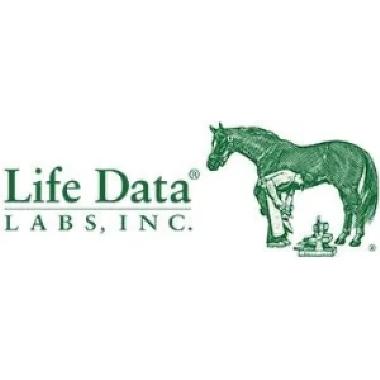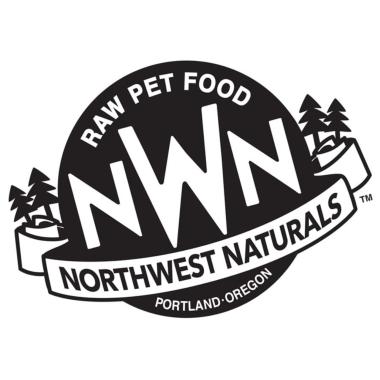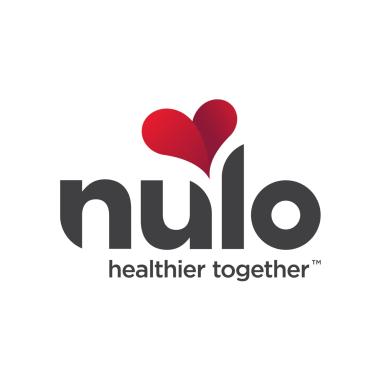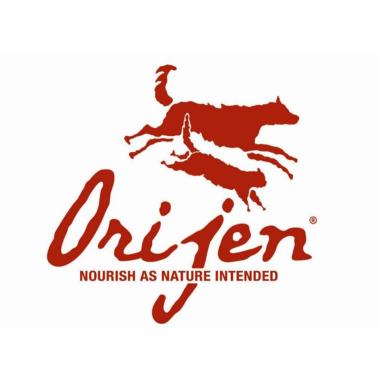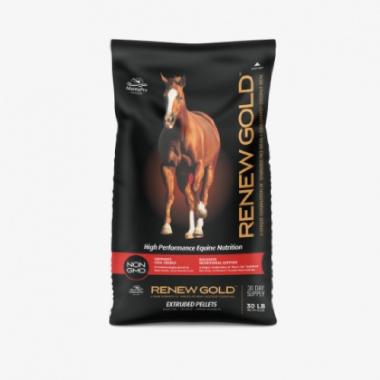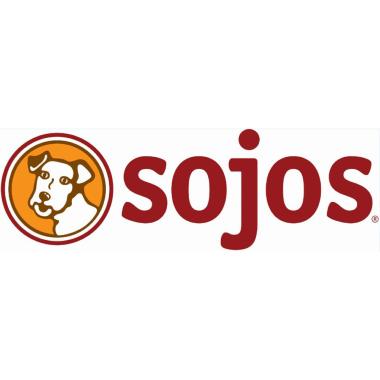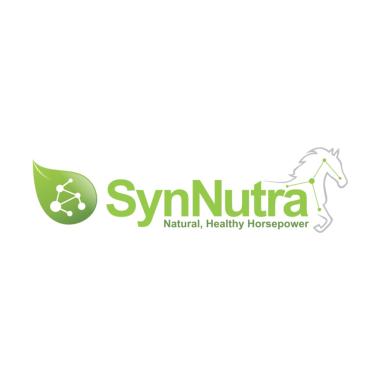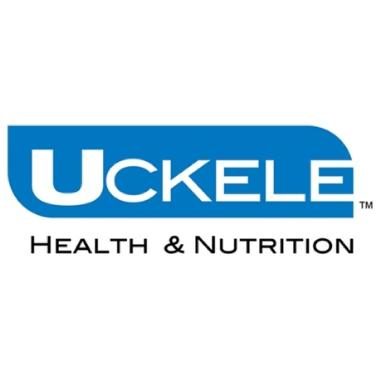
NOURISH WITH PURPOSE
OPEN
Mon-Fri 9am - 7pm
Sat 9am-5pm
Sun 10am -4pm
Dogs
How We Choose the Dog Foods We Carry

Dog riding on owner's back
Everyone thinks they have the best dog. They're all right.
Hey there! The staff here at Bridger Animal Nutrition are a lot like you, we love dogs. If you’ve been in the shop, you’ve probably noticed as many of seven at a time. Every dog is different and so are their needs like behavioral challenges, allergies, and even their grooming needs. Over the last 30 years, by evaluating sourcing, nutrition, sustainability, and manufacturing methods, we have sourced the best food, treats, supplements, toys, and extreme weather supplies in the industry. When choosing the dog foods we carry, we look at 1) the quality and digestibility of the ingredients, 2) the source of the nutrients, and 3) the reason behind the formula’s foundation. We work with reputable companies who care about the quality of the food they make and are honest in all their communications.
We believe strongly in feeding fresh, whole foods. Our store has 18 reach-in glass door commercial freezers and 2 walk-in freezers in our warehouse filled to the brim with species-appropriate raw components and raw blends for cats & dogs. Incorporating raw foods into an animal’s daily diet adds all sorts of healthy benefits like good bacteria, enzymes, nutraceuticals, food-based soluble fibers, and antioxidants. Raw food promotes cleaner teeth, and better digestion, decreases inflammation, and supports the entire renal system.
For more useful information on feeding dogs we recommend dogsnaturallymagazine, rawfed, dogs4dogs, the forever dog. More can be found here.
WE CHOOSE THE BEST PRODUCTS FOR YOUR DOG
SEE THE BRANDS WE CARRYDog Services We Offer
Questions about what dog products we carry?
Contact UsI went in today just for dog food and I saw their real of dog coats. I didn't bring my boy with me so I went an addled one of the associates for help with sizing. She told me she had an Aussie too and she knows the struggle. She also told me that if it didn't fit that I could return it if I kept the tags on. We found one that looked like it would be good for barrel chested munchkin- heavily adjustable sides and long enough to reach his tail. It's also water repellent! I brought it home and fit like I dream! Thank you so much for your help!

Brands
IF WE DON’T CARRY A BRAND… THERE’S USUALLY A REASON
We want to help you do better by your animals, so we only carry holistically nutritious brands. We’re happy to recommend our favorite brands, and we’ll do our best to make sure we stock what you need. If you don’t know exactly what you’re looking for, chat with a team member and we’ll help you develop a practical, personalized plan for your animal. If you’re having trouble finding something or you don’t see the brand you’re looking for below, just ask.
A - C
Boss Dog
D - F
G - I
J - L
M - O
P - R
S - U
V - X
Y - Z
0 - 9
Questions about the brands that we carry?
Contact UsI’m an avid raw feeder and like to order by the case. At Bridger I can order in bulk and get a discount because they help split the freight.
Events - Sales - Consulting - Delivery
At Bridger Animal Nutrition®, we are service-oriented and committed to doing not what is fashionable, but what is right by the well-being and longevity of your animals.

Sales, discounts & promotions
February
2026
Dr. Marty's
FirstMate
Nature's Logic
Oma's Pride Woof
Scratch & Peck Feeds
Solutions
West Paw
AND LOADS MORE BELOW!

February Events
Barks and Beer
Big Sky Delivery
Wine n' Wags
Helena Delivery

Delivery to your door!
Yes, we ship!
(raw frozen product October-April only)
Yes, We Deliver !
Bozeman, Belgrade, 4 Corners: Monday through Friday $5
Gallatin Gateway - Tuesdays $5
Big Sky- 1st Tuesday of each month. $5. Please call for details.
Manhattan- Please call to schedule delivery $5
Three Forks- Townsend- Helena - 4th Saturday of ea. month $5
*Restrictions apply to straw, hay, shavings and orders over 400 lbs.*
**An additional fee will apply to deliveries outside the above mentioned regions.

Other Stuff We Carry
We carry a few products that aren't directly related to diet & animal health just for fun!
- Books
- Candles
- Coffee
- Mugs
- Hats
- Shirts
- Cards
- Gloves
Check them out by clicking below!
Have any questions about our services?
Contact UsTHANK YOU! My Schantze girl is doing so well since our consultationt. She is behaving like the pup I once knew. She is no longer sickly and is perky once again! Oh My GOSH-what a relief! Thank you with providing me valuable information and resources to make sure Schatze has the best possible and healthy life. I can't believe how in less than one week her new diet (and forever diet) has changed her. She's not sick or acting nervous and shaky from an upset tummy-she is simply happy, snuggly, playful ...the dog we always knew/hoped she could be again-with your help! You have changed her life and mine because I no longer carry the stress and worry about her health and well-being. I can't thank you enough!
Libby,
I wanted to thank you again for sending the raw food samples to me. I’m really excited about Bella’s new diet and I think she is too.
I’ve learned some valuable lessons from all of this. 1. Dogs instinctively know what’s good for them. Bella never wanted to eat her old food and she is now officially a chow hound. 2. Never say Never and keep and open mind. I used to say I’ll never use a raw diet. 3. Listen to my dog more and listen less to traditional veterinarians that tell me Science Diet is the only food she can eat for the rest of her life. 4. Green tripe stinks, but if she likes it it’s all right by me.
I’m so glad my traditional veterinarian told me about you, even though she probably thought you would tell me I was crazy. Bella already seems more content and happy. She used to get up once or twice a night, but even with the homecooked diet, she is now sleeping through the night and so am I.
THANK YOU! THANK YOU! THANK YOU!!!!
Kelly
Contact Bridger Animal Nutrition®: call 406-586-3026 or message below
Make contact with us!
HOURS
501 Evergreen Dr. Open Weekdays 9a-7p, Sat 9-5, Sun 10-4See our map below for directions.
You can also visit our store to get personalized help from one of our amazing staff members.
For periodic e-blasts reminders about delivery schedules, events, workshops & sales, sign up for E-Mails click HERE
See our map below for directions.
All fields are required.

















